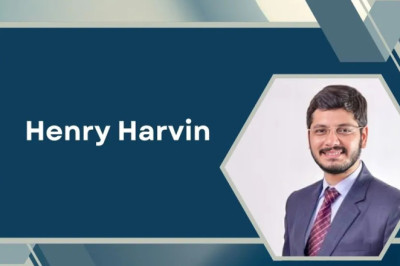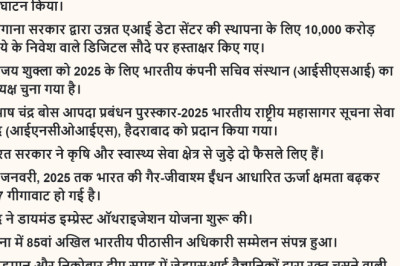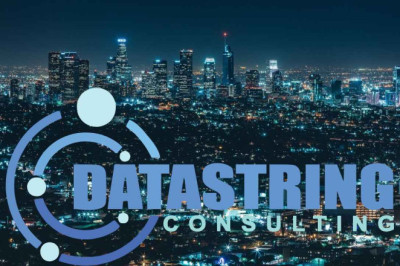views
In today's competitive job market, employers are constantly looking for methods to increase the efficiency and efficacy of their hiring operations. AI interview technologies combined into pre-employment testing provide a transformative solution by assessing candidates' talents, cognitive capacities, and cultural fit before they enter the interview room. This early-stage analysis simplifies recruiting by giving hiring teams with more relevant and objective information, ultimately optimizing the candidate selection process.
1. Assessing Technical Skills Early in the Process
AI interview technologies excel at automating technical evaluations, allowing employers to examine candidates' programming or problem-solving skills early in the employment process. Rather than depending on resumes or initial screening calls, AI can design coding challenges or simulations tailored to the individual function. This guarantees that only candidates with the necessary technical skills get to the interview stage, making the process more targeted and efficient.
2. Evaluating Cognitive Abilities with Precision
Beyond technical skills, cognitive qualities such as critical thinking, problem-solving, and decision-making are essential in many jobs. AI interview services combine psychometric testing and cognitive ability assessments, providing significant information about a candidate's mental agility. By automating this procedure, businesses can quickly assess how well candidates approach difficult scenarios, allowing them to focus on individuals with the cognitive abilities required for success in the profession.
3. Evaluating Cultural Fit Using AI Insights
Cultural fit is becoming an increasingly crucial component in hiring decisions, as employers seek people who share their values and work environment. AI algorithms can evaluate cultural fit using sentiment analysis, which examines how applicants answer to behavioral questions and evaluates their communication style, tone, and emotional responses. By evaluating these characteristics prior to the interview, AI ensures that only candidates who are likely to succeed in the company's culture move to the next step.
4. Automating Candidate Screening for Efficiency
AI-powered pre-employment testing greatly reduces the amount of time spent manually evaluating resumes and performing preliminary phone interviews. AI can quickly examine a large number of applications, rank candidates based on relevant factors, and evaluate the outcomes of technical or cognitive exams. This automation makes the hiring process more efficient, allowing recruiters to focus their efforts on high-potential prospects while reducing the chance of overlooking great talent.
5. Providing Data-Driven Insights for Better Decision-Making
AI interview tools create useful data throughout the pre-employment testing process, providing objective insights that can help make smarter decisions. By examining trends in test results, AI can identify the talents, attributes, and traits associated with job performance. This data-driven strategy ensures that hiring decisions are based on evidence rather than intuition, resulting in more informed choices and a better chance of selecting the correct candidate.
6. Personalizing the Candidate Experience
AI solutions not only help firms improve their hiring processes, but they also provide candidates with a more personalized experience. Automated feedback from AI-powered tests provides candidates with valuable insights into their strengths and places for improvement. This transparency encourages involvement and demonstrates that the company prioritizes open communication and development, which can improve the candidate's overall experience and perception of the organization.
7. Saving Time and Resources in the Hiring Process
AI-powered pre-employment testing saves time and money by automating the early stages of recruitment. Candidates who do not meet the technical or cognitive standards can be filtered out early, minimizing the number of interviews required. This allows hiring managers to focus on the most promising prospects, expediting the hiring process and reducing the costs associated with lengthy interview rounds.
8. Creating a Fairer Hiring Process
Artificial intelligence can assist decrease bias in the employment process, making it more objective and equal. AI facilitates fair recruiting by evaluating individuals based on their exam and assessment results rather than subjective aspects such as looks or background. This objective approach enables businesses to establish more diverse teams because AI ensures that recruiting decisions are only based on a candidate's qualifications and performance.
Conclusion: Revolutionizing the Interview Process with AI
Companies that incorporate AI interview tools into pre-employment testing can alter their hiring processes, making them more efficient, data-driven, and inclusive. AI guarantees that candidates' technical capabilities, cognitive ability, and cultural fit are objectively assessed before they enter the interview stage, allowing hiring managers to focus on the best candidates. As AI evolves, its role in recruitment will expand, providing even more effective tools for streamlining hiring and improving overall outcomes.




















Comments
0 comment